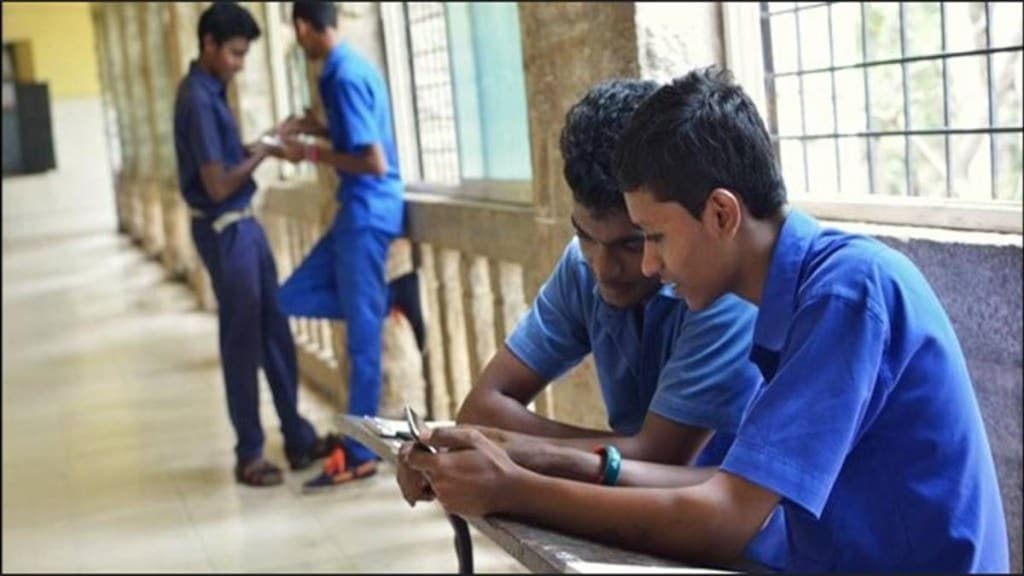By Nikita Bengani
A recent survey conducted by Life Skills Collective in partnership with Breakthrough, Quest Alliance, and Pratham, titled “The Voices Survey” covering six states, including Uttar Pradesh, Haryana, Maharashtra, Mizoram, Rajasthan and Uttarakhand, presented a stark reality – a mere one in four youth (11-22 years old) across India is acquainted with the term “Life Skills,” let alone comprehends their significance. The criticality of understanding the role of life skills education becomes paramount, especially in the context of shaping the employability landscape for young individuals. As this awareness deficit looms large, the need of the hour is to ensure that stakeholders across the education and skilling ecosystem grasp the importance of life skill education.
Here are various strategies that can be employed to mainstream life skills education across the education and skilling ecosystem in the country:
The Critical Link Between Life Skills and Employability
Life skills education transcends being a mere supplement; it stands as a fundamental cornerstone for enhancing employability. Insights from the work of several civil society organizations in the skilling ecosystem reveal that individuals equipped with a robust set of life skills are more likely to secure and sustain employment. This underscores the urgency of prioritizing life skills education to bridge the gap between academic knowledge and the practical demands of the workforce.
Evolution of Delivery Models for Maximum Employability Impact
Imparting life skills education requires innovative delivery models that create a safe space for learners in the classroom to begin their journey of self-awareness and thereby build skills required for a workforce. Transitioning from an entirely trainer-led approach to a blended learning model that leverages technology through app-based learning platforms is the need of the hour. The emphasis remains on making learning personalized, engaging, and directly applicable to real-world employment scenarios. Self-directed learning through tech-enabled platforms can be a critical component to building life skills.
Educators’ Role in Enhancing Life Skills
Recognizing educators as key stakeholders in effective life skills education is pivotal. They need to undergo a transformative journey essential for instilling life skills in the next-generation workforce. Beyond initial training, continuous professional development becomes crucial, given educators’ pivotal role in shaping young minds to meet the demands of an ever-evolving job market is the need of the hour.
Objective Assessment Methods
Rigorous and objective assessment methods are crucial to gauge the impact of life skills on employability. There is a need to employ statistically validated assessment instruments, including formative self-assessments and Likert scale-based baselines and end-line assessments to assess the impact of life skills and therefore make a case for mainstreaming it. Scenario-based and application-based questions further facilitate an in-depth understanding amongst learners of the practical application of life skills in a workplace context.
Collaboration for Life Skills Advancement
A collaborative effort involving Civil Society Organizations (CSOs), Industry, and Government, such as the Future Right Skills Network, can bring about a systems-led change in the education and skilling ecosystem, leading to the recognition of life skills as a linchpin for employability. This initiative has led to far-reaching reforms in the life skills curriculum in the government skilling ecosystem and the adoption of innovative pedagogical models that are activity-based and tech-enabled learning in government Industrial Training Institutes across India. The professional development program isn’t restricted to trainers alone but also includes principals thereby leading to institutional transformation. Additionally, streamlining placement initiatives has led to ensuring more young people enter the workforce and institutes have a database of employers to conduct regular placement-related activities.
Similarly, a Tata STRIVE-led all-India initiative includes a 40-hour training program for trainers across the skilling ecosystem that empowers them to ask powerful questions and engage with learners in a deeper and more meaningful way. Learners engage with their coaches in the Youth Development Scorecard (YDSC) App that tracks conversations on behavioural, emotional, cognitive, and social well-being. The YDSC tool empowers learners to think and come up with solutions to their problems.
In conclusion, the criticality of life skills education in enhancing employability cannot be overstated. Collaborative efforts among CSOs, industry, and government provide a compelling narrative for individuals and organizations to unite in empowering young people with the essential life skills crucial for a successful transition into the workforce. As we navigate the complex landscape of employability, the recognition and integration of life skills into the education system emerge as non-negotiable elements for a resilient and adaptable future workforce. It is a call to action for all stakeholders to collectively invest in the holistic development of our youth, ensuring they are not only academically proficient but also equipped with the life skills necessary to thrive in an ever-changing professional landscape.
[Nikita Bengani is Director, the Youth Program, at Quest Alliance]
